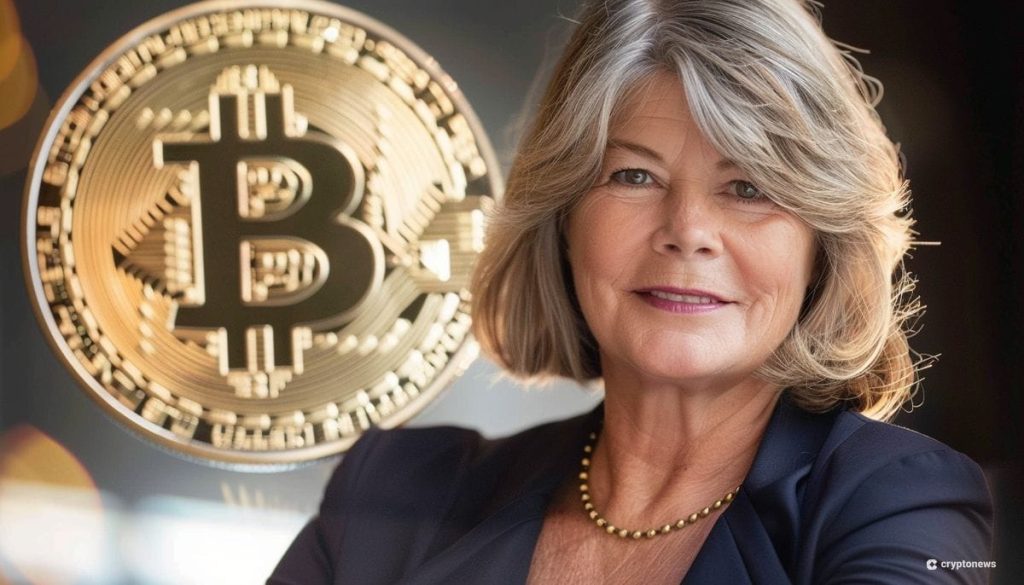During the Bitcoin 2024 conference in Nashville, Senator Cynthia Lummis did not unveil the anticipated legislation that would establish Bitcoin as a strategic reserve asset for the United States. Despite speculation, her speech did not include the unveiling of such legislation. Lummis criticized the Securities and Exchange Commission during her presentation, emphasizing the need for a legal framework over arbitrary actions in industry regulation. She highlighted the Republican Party’s revised stance on safeguarding digital asset ownership and custody, describing Bitcoin as “freedom money” that grants individuals financial sovereignty.
Senator Lummis and Senator Tim Scott also discussed the importance of the Bitcoin mining sector in exploring innovative energy solutions and fortifying the nation’s critical energy infrastructure during the conference. Leading up to the event, there were speculations about potential legislation from Senator Lummis that could designate Bitcoin as a strategic reserve asset. Some experts, such as Mark Cuban, envisioned a future where Bitcoin could serve as both a national strategic reserve asset and a global reserve currency. However, others like Ari Paul expressed skepticism, predicting unfavorable odds for Bitcoin’s strategic reserve status by 2028, citing regulatory obstacles.
Senator Tim Scott, who is set to lead the Senate Banking Committee, explored the concept of using Bitcoin to establish “opportunity zones” offering tax-free investment opportunities to developers working on infrastructure within underserved communities. Additionally, there are rumors that former President Donald Trump may designate Bitcoin as a strategic asset at the upcoming Bitcoin 2024 conference in Nashville. Dennis Porter, co-founder of the non-profit organization Satoshi Act, revealed insider sources suggesting Trump’s potential move. The Bitcoin Conference featured notable figures such as Michael Saylor, Cathie Wood, Vivek Ramaswamy, and Robert F. Kennedy Jr., amid a heated national political landscape with both parties courting crypto-owning voters ahead of the upcoming presidential election.
The conference also witnessed speculation about Kamala Harris’ potential participation, although she later announced her decision not to speak at the event. The focus was on the potential impact of Bitcoin as a strategic reserve asset for the United States, with differing opinions on the feasibility of such a designation. Some viewed regulatory obstacles as challenging but feasible, while others expressed skepticism about Bitcoin’s strategic reserve status by 2028. The event highlighted the evolving conversation around digital assets and their role in financial sovereignty and energy innovation. It underscored the importance of establishing a legal framework for industry regulation and the potential impact of Bitcoin on national financial infrastructure.


